Understanding Copier Leasing
Copier leasing is a contractual arrangement where a business rents a copier from a leasing company for a specified period, typically ranging from 24 to 60 months. This option provides businesses with access to necessary office equipment without the upfront costs associated with purchasing. Leasing agreements often include provisions for maintenance, service, and support, depending on the terms negotiated with the leasing company.
Benefits of Leasing vs. Buying Outright
Financial Flexibility
Leasing a new copier from a copier leasing company preserves capital that can be allocated to other essential business investments and operations. Rather than facing the hefty cost of buying a copier outright, businesses make predictable monthly payments based on the type of lease agreement. This approach offers much-needed financial flexibility, especially for startups and small businesses that need to manage cash flow efficiently while still acquiring essential equipment like a copier and printer.
Tax Advantages
Monthly lease payments for copiers are generally tax-deductible as business expenses, which can lead to significant tax savings compared to depreciating a purchased asset. Companies should work with tax professionals to understand how purchasing versus leasing affects their specific deductions and other benefits based on the type of lease and their financial situation. This can be an important consideration when deciding whether to lease or purchase a copier.
Equipment Upgrades
One of the biggest advantages of leasing is the opportunity to upgrade your copier at the end of the lease term. Technology changes quickly, and leasing allows businesses to stay on top of the latest advancements without the financial strain of ownership. Instead of being tied to outdated technology, you can easily work with your copier dealer to upgrade to a more efficient copier and printer model, ensuring that your business stays competitive and can meet evolving operational needs.
Lower Upfront Costs
Leasing a copier generally involves lower upfront costs compared to buying a copier, such as a security deposit or first and last month’s payments. This makes leasing an appealing option for businesses with limited initial capital or those looking to prioritize financial resources elsewhere. Copier leasing companies offer flexible agreements that make it easier for businesses to acquire the equipment they need without draining their resources on day one.
Steps Involved in Leasing a Copier
Choosing a Leasing Company
Selecting a reputable copier leasing company is crucial for a smooth experience. Factors to consider include company reputation, lease terms, customer service quality, and whether a comprehensive maintenance agreement is included. Additionally, check the different types of copier models available, so you’re confident they can meet your business needs. Research online reviews and ask for recommendations from business networks to ensure you’re making an informed decision before signing a copier lease.
Selecting a Copier Model
When selecting a copier model, it’s essential to know about copier features that align with your business’s operational needs, such as volume, speed, and production requirements. Leasing companies usually offer a variety of different types of copier models, which allows you to choose a copier that matches your workflow. The cost of the copier should also be weighed against your budget, especially since leasing often allows you to upgrade at the end of your lease if you need newer technology.
Negotiating Lease Terms
When negotiating lease terms, you’ll want to discuss several key elements with the leasing company, such as lease duration, monthly payments, and the maintenance agreement. This is also an opportunity to clarify responsibilities for repairs and upgrades during the lease period. If you’re nearing the end of your current lease, explore options like renewing, upgrading, or deciding whether to buy the copier outright. Ensure the copier lease contract aligns with your business objectives and financial plan before moving forward.
Signing the Lease Agreement
Before signing a copier lease agreement, review all terms and conditions thoroughly. Pay close attention to provisions regarding the lease duration, maintenance agreement, and whether you have the option to upgrade the equipment at the end of your lease. Understanding the copier lease contract fully ensures there are no surprises. Also, examine how disputes will be resolved and any conditions for buying the copier if that becomes part of your long-term strategy.
Key Considerations in Lease Agreements
Lease Duration
The lease duration dictates how long your business will use the copier before making any end-of-lease decisions. Longer leases generally result in lower monthly payments, but they may lock your company into older technology as advancements continue. On the other hand, shorter leases offer more flexibility to upgrade, though they often come with higher monthly costs. It’s essential to consider your operational needs and future growth when selecting a lease duration. Understanding your copier lease agreement thoroughly will help in choosing the right option for your business.
Monthly Payments
When assessing monthly payments, make sure to look through your lease agreement carefully to understand the total cost over the lease term. Some copier companies may adjust payments based on usage, and fees can vary depending on maintenance agreements. Additional costs, such as penalties for exceeding usage limits or early termination, should also be considered. For financial stability, it’s crucial that monthly payments fit within your budget constraints. This is a key part of understanding your copier lease agreement and staying informed about copier leasing and printer leasing costs.
Maintenance and Service
Maintenance and service are vital components of any basic copier lease agreement. Clarify who is responsible for routine servicing, repairs, and technical support during the lease. Many leasing companies provide comprehensive maintenance coverage, but it’s important to know how quickly they respond to issues to prevent downtime. Whether it’s a basic copier or a more advanced model, minimizing downtime is critical for operational efficiency. A comprehensive guide to copier leasing will help you understand what to expect in terms of maintenance support from your leasing partner.
End-of-Lease Options
When approaching the end of your lease, it’s important to discuss available options with the leasing company. Common choices for companies include purchasing the copier at market value, renewing the lease, upgrading to a newer model, or returning the copier. Evaluate each option based on your long-term equipment strategy, business needs, and budget. Knowing about copier leasing options in advance can help you avoid unexpected costs and ensure you’re well-prepared when the lease concludes.
Penalties and Fees
Penalties and fees can quickly add up if you don’t look through your lease agreement carefully. Be aware of potential charges, such as penalties for early termination, excessive wear and tear, or exceeding usage limits. Failing to maintain the copier in good condition may also incur fees. Having a clear understanding of your copier lease agreement helps mitigate these risks and keeps your business in compliance throughout the lease term. When in the market for a new copier, be sure to review all potential fees with the leasing company at the end of your lease to avoid any surprises.
Benefits of Leasing a Copier
Predictable Budgeting
A key benefit of leasing an office copier is the ability to maintain predictable monthly expenses. With different types of copier lease agreements, businesses can enjoy fixed payments, making it easier to plan budgets and allocate resources effectively. This financial predictability ensures operational funds are available for other business needs, promoting stability and growth. In general, a longer lease will have lower monthly payments, which can further aid in financial planning.
Technology Upgrades
One of the major advantages of leasing the machine rather than purchasing is the opportunity to regularly upgrade to the latest technology at the end of each lease term. This ensures that your business stays up-to-date with the newest models and advanced features, which enhance productivity and operational efficiency. Types of copier lease agreements typically allow for these upgrades, helping businesses leverage the latest technological innovations without the burden of ownership.
Support and Maintenance
Copier lease work often includes comprehensive support and maintenance outlined in the lease agreement. Leasing companies typically cover repairs, servicing, and replacement of copier parts, ensuring your copier operates efficiently throughout the lease. This reduces downtime, keeps workflow smooth, and ensures any troubleshooting issues are quickly addressed by professional technicians. Whether you’re considering buying or leasing, the maintenance benefits of leasing add significant value to the arrangement.
Flexibility in Equipment Needs
Leasing provides the flexibility to adapt to your changing equipment requirements. Businesses can adjust different types of copier lease terms, scale solutions, or upgrade to new models as their operational demands evolve. This flexibility makes it easier to keep pace with market conditions and technological advancements. If needed, you can end a lease early or choose to keep the copier at the end of the term, providing multiple options to fit your long-term business strategy. This adaptability positions businesses for sustained success in a competitive marketplace.
Types of Copier Leases
Capital Leases vs. Operating Leases
Capital leases are structured similarly to ownership arrangements, where the lessee takes on control and responsibility for the copier during the lease term. Many leasing companies offer a purchase option at the end of the lease, allowing businesses to buy or lease a copier based on agreed-upon terms. This type of copier lease might appeal to businesses looking to use the same copier long-term.
Operating leases, on the other hand, function more like rental agreements, where the lessor retains ownership of the equipment and is responsible for maintenance and repairs. At the end of the term, businesses can either return the copier or upgrade. Leasing a printer or copier in this way provides flexibility for short-term needs without ownership obligations, and any associated fees in copier leasing are typically lower. This makes it suitable when leasing is the right choice for businesses that don’t want to commit to ownership.
Understanding Fair Market Value and $1 Buyout Options
Fair Market Value (FMV) Leases
Fair market value leases offer businesses the option to purchase the copier at its current fair market value at the end of the lease term. The fair market value is determined based on prevailing market conditions and the copier’s depreciation over the lease period. FMV leases provide flexibility for businesses to evaluate equipment value and make informed purchase decisions.
$1 Buyout Leases
$1 buyout leases allow businesses to acquire ownership of the copier by purchasing it for a nominal fee, typically $1, at the end of the lease term. This option provides certainty and control over equipment acquisition, enabling businesses to retain copier assets for continued use or resale. $1 buyout leases are advantageous for businesses seeking long-term equipment ownership without initial capital expenditures.




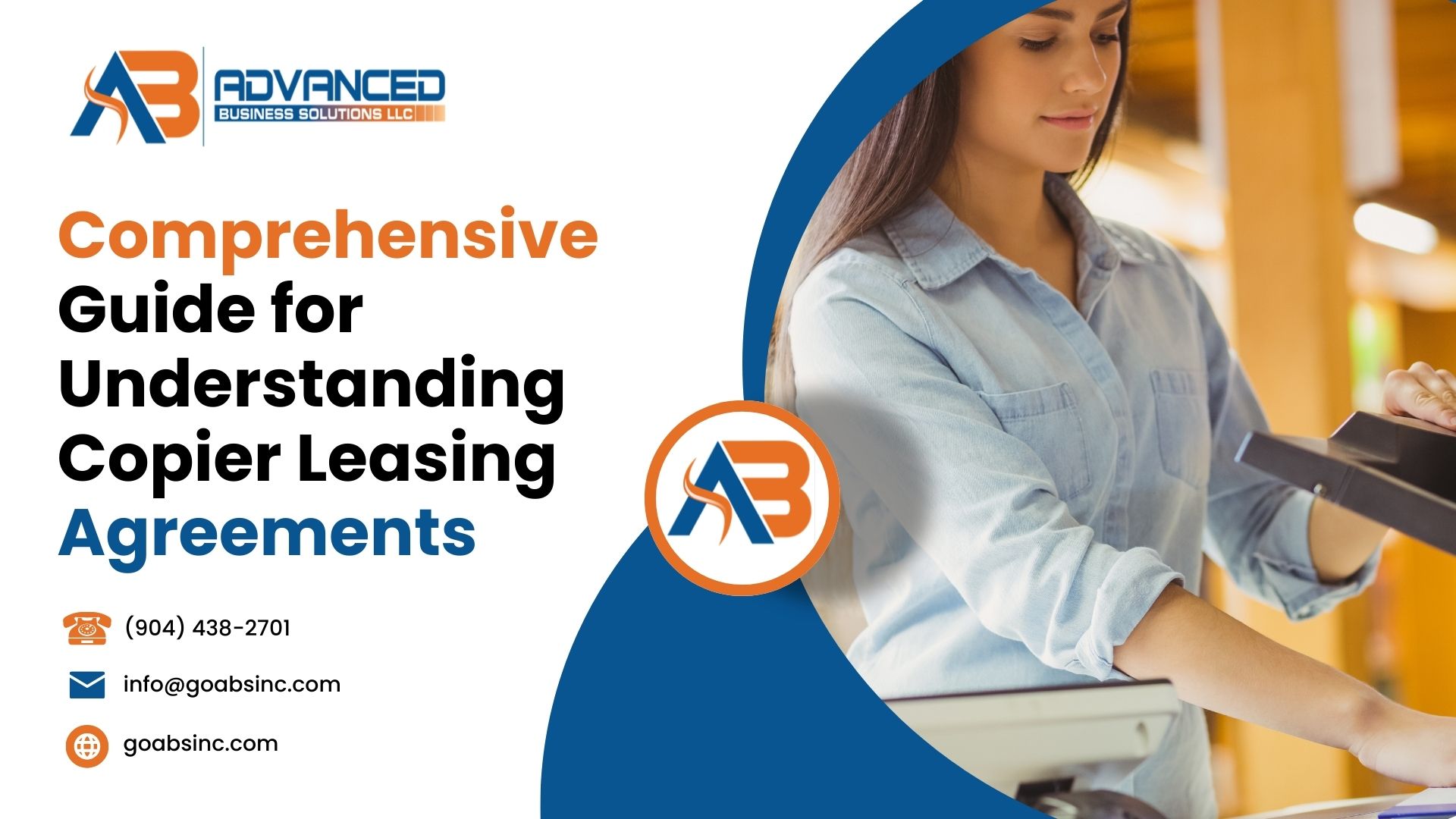
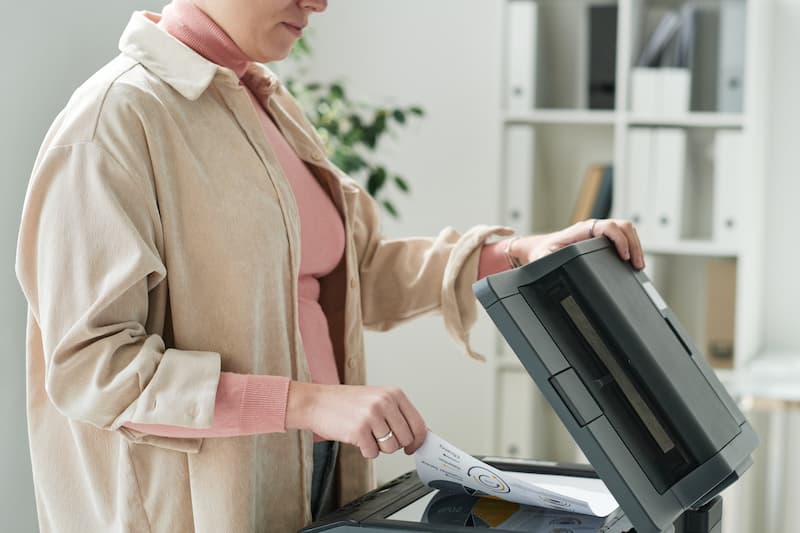
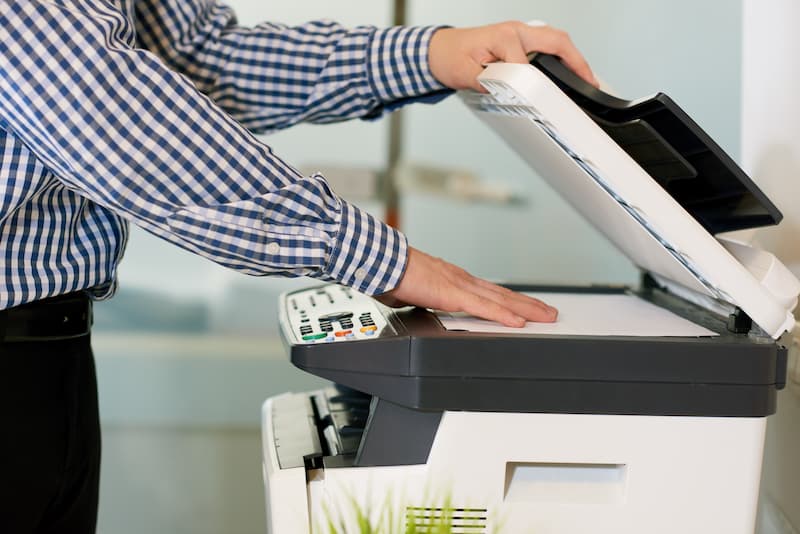
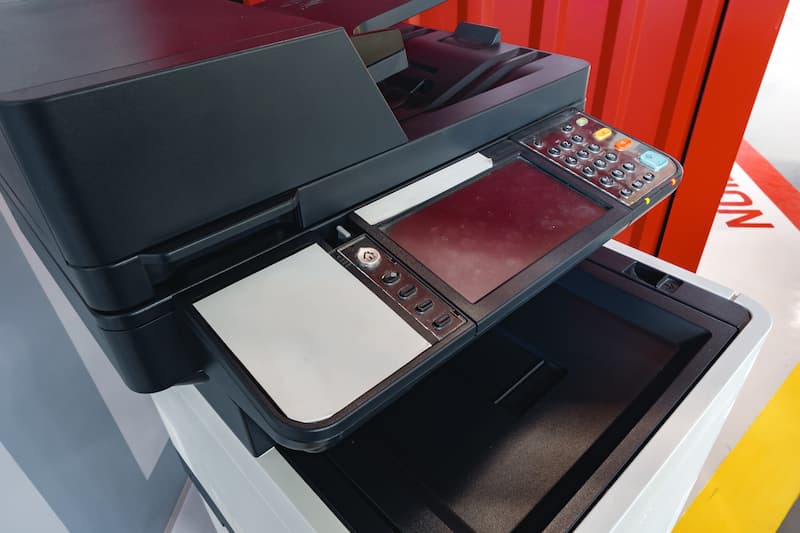
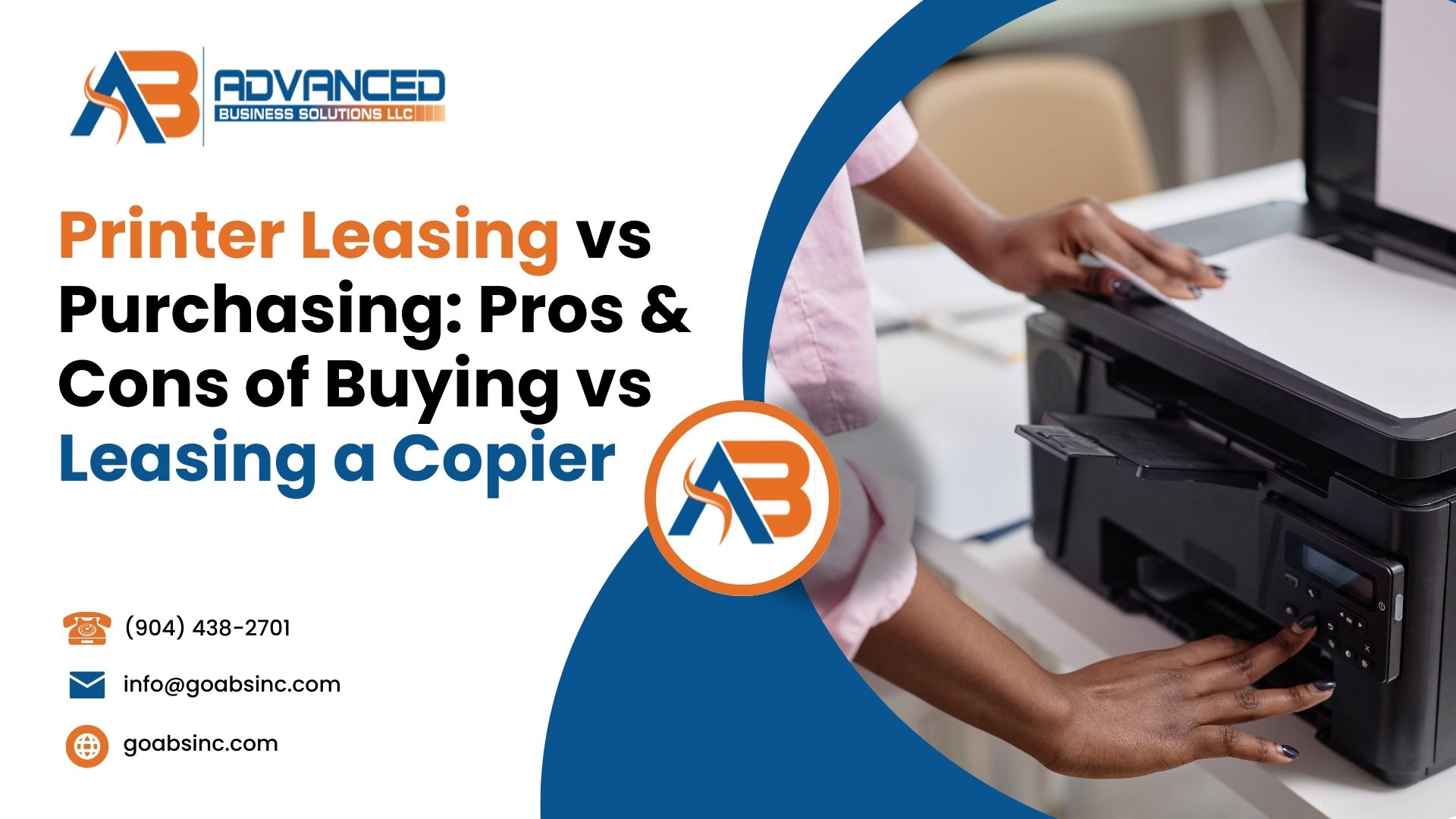
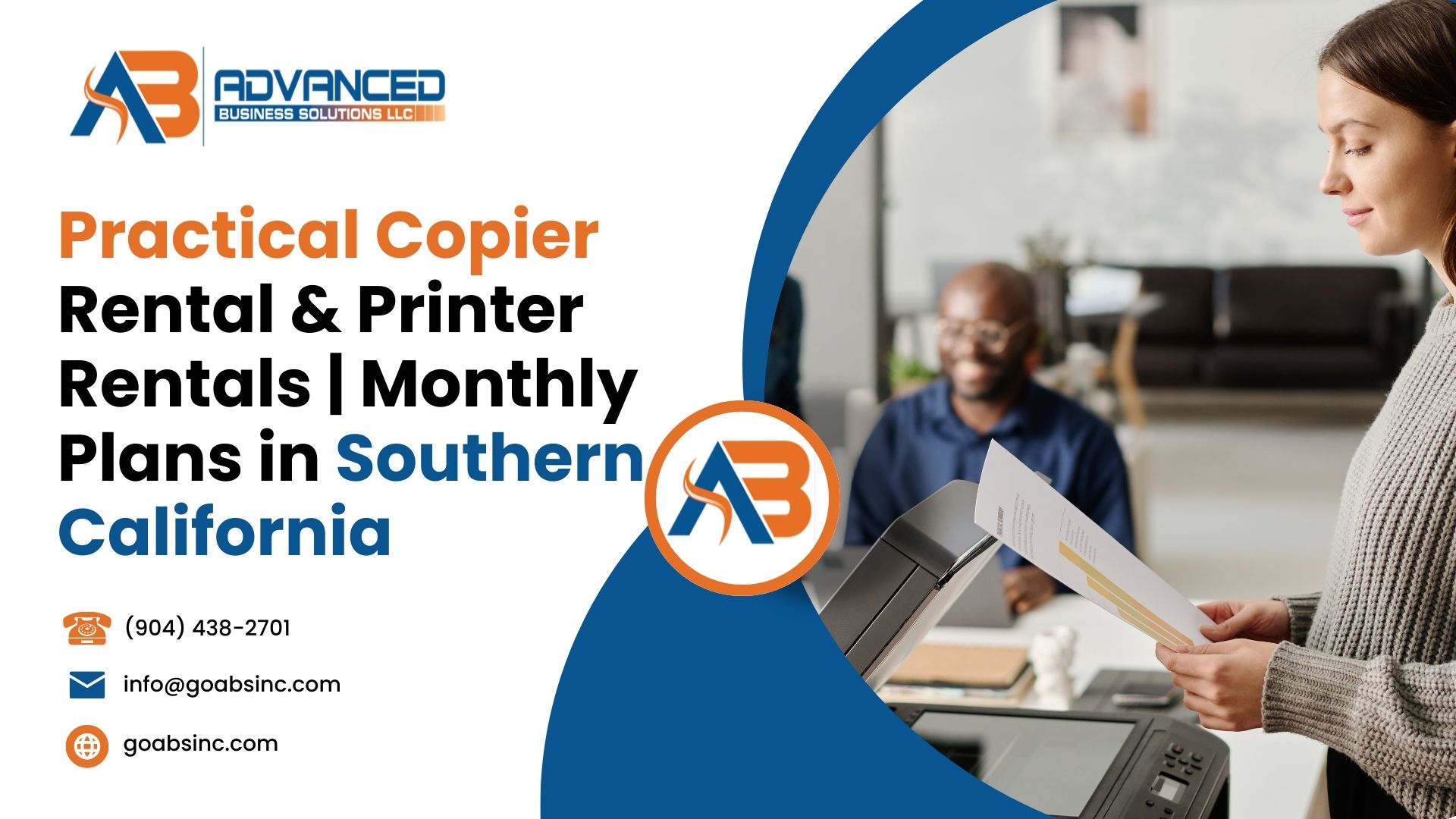
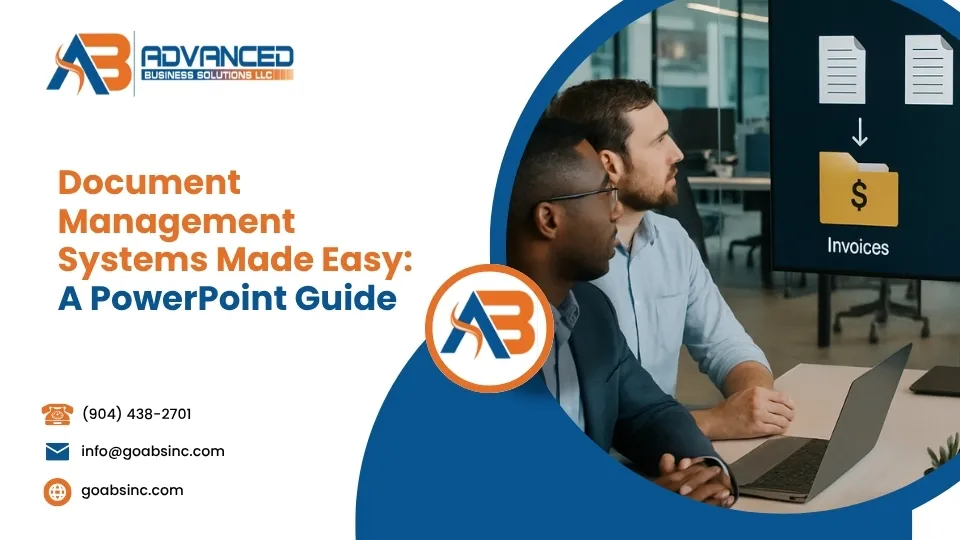
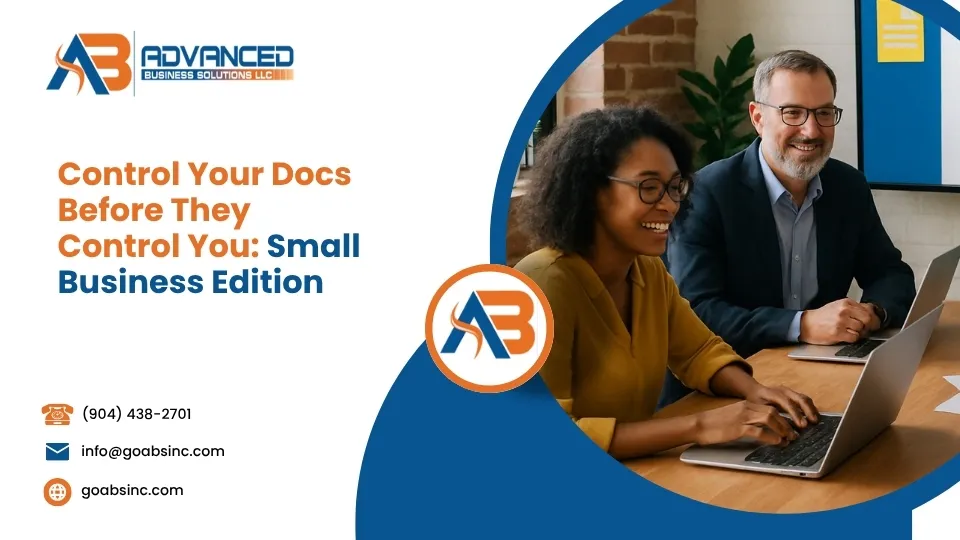
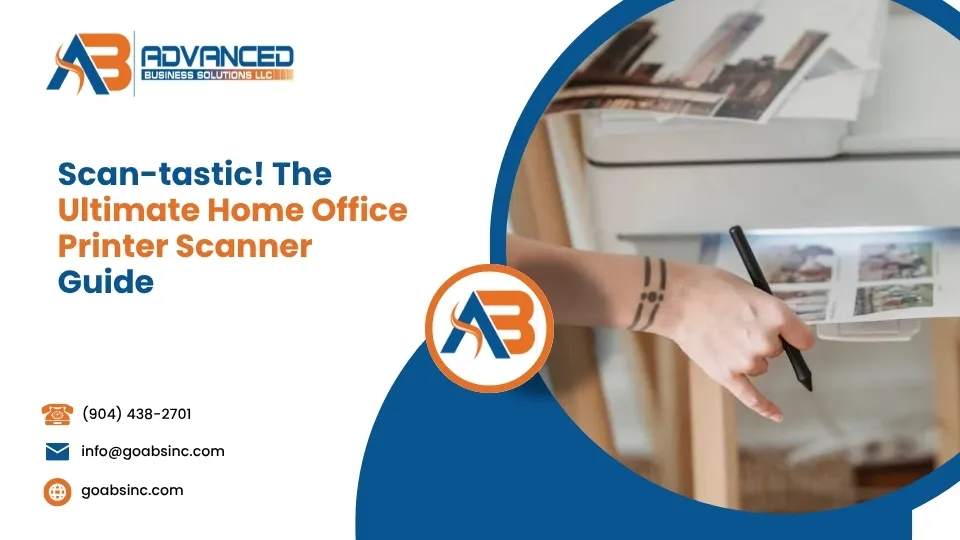
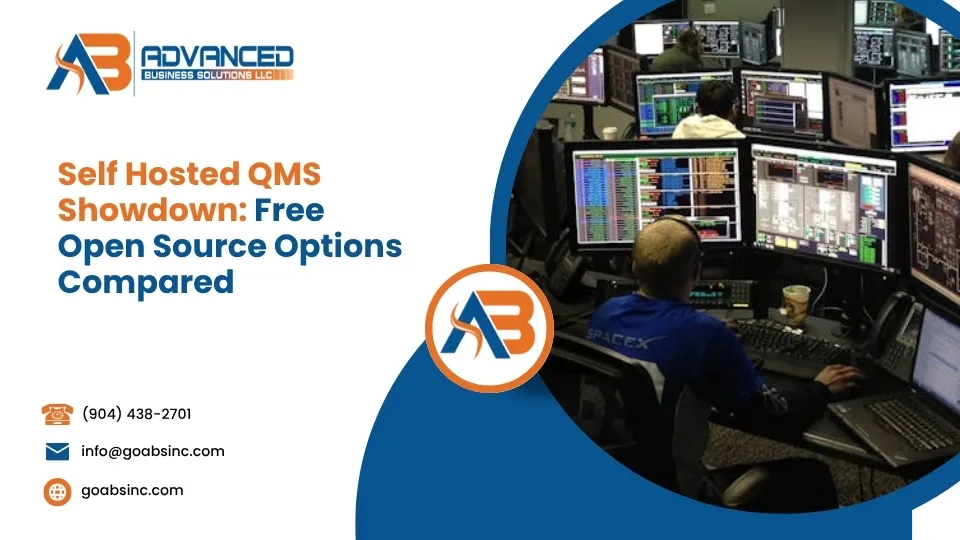
Comments are closed